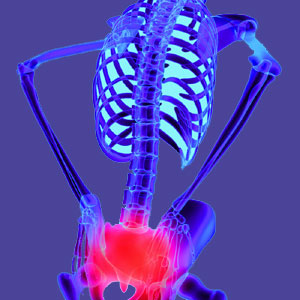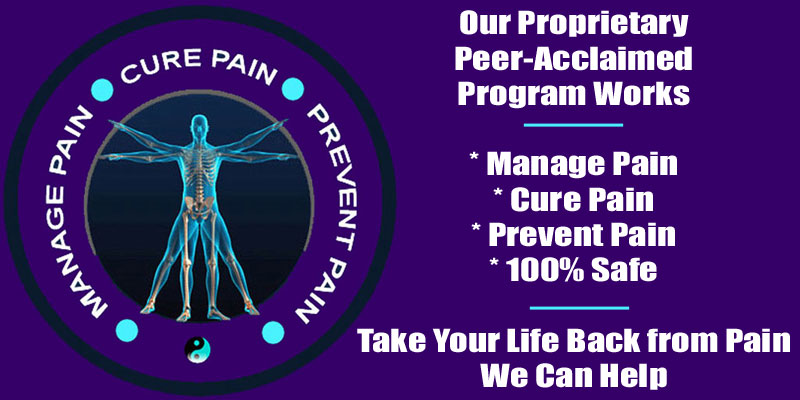
Incontinence and lower back pain might be related in causation, especially if they begin acutely and involve spinal nerve or spinal cord compression. Low back pain is already a tremendous suffering to bear. The pain is disabling and inflicts grievous misery to anyone afflicted with sudden and intense presentation. However, when incontinence of bladder or bowel is added to the list of symptoms, patients become full of anxiety, knowing that they can not live a normal life unless a solution is found quickly.
Incontinence is well known as one of the most psychologically and physically-affective problems. Patients who fear leaking urine or feces are further confined in their activities, that is, if their back pain even affords them the ability to do much anyway. Remember that many cases of lumbar dorsalgia are already debilitating and incontinence only makes things exponentially worse.
This focused dialog explores the causes and symptoms of incontinence that are related to a lower back pain syndrome. We will also detail the most effective cures for these terrible scenarios using a diversity of methods of care.
Incontinence and Lower Back Pain Symptoms
Incontinence can be an add-on expression to select lumbar dorsopathy syndromes. Additionally, incontinence can be caused by a lumbar spinal source when no actual back pain exists. In fact, this expression is rather commonplace with certain diagnostic explanations.
Incontinence ranges in its symptoms. Some patients experience only urinary expressions, where they can not hold their urine and suffer varying degrees of leakage. Some patients only experience some minor dripping, while others have full bladder releases without any ability to prevent these embarrassing and emotionally-damaging circumstances.
Other patients only suffer fecal incontinence, with the same conditions applying. Some patients will experience slight leakage, while others might suffer unwanted and uncontrollable full bowel movements. Obviously, this occurrence is not only limiting professionally and socially, but also highly damaging to the psychological state of the patient.
The worst expressions feature both urinary and bowel incontinence, creating dual suffering that might have patients unable to hold urine or feces to any significant degree. These patients are virtually always homebound until a solution can be implemented.
Causes of Incontinence and Low Back Pain
There are several spinal causes of incontinence, including lumbar and alternative regional neurological compression syndromes. There are also other nonspinal causes of incontinence and low back pain that must be considered in cases of diagnostic uncertainty.
Lumbar central spinal stenosis can compress the entire or partial cauda equina structure within the vertebral canal. This is the leading cause of lower back pain with associated incontinence, often diagnosed as cauda equina syndrome.
Lumbar foraminal stenosis might affect one or more key nerve roots that affect bladder and/or bowel functionality, but this is very rare, since these roots exit in the sacrum and are therefore not normally affected by typical compression syndromes, with the exception of injurious causations.
Cervical central stenosis can compress the entire spinal cord, possibly creating a wide range of symptomatic expressions including all forms of incontinence, lower back pain and pseudo-sciatica.
The sciatic and pudendal nerves might suffer compression by the piriformis muscle, diagnosed as piriformis syndrome. While incontinence is rare, it can occur, especially when the pudendal nerve is markedly compressed by persistent piriformis spasms.
Mindbody ischemia can deprive the lumbar and sacral nerve roots of necessary oxygen, causing terrible dysfunction. We have not seen a huge number of cases of incontinence enacted by ischemia, but we do recall several notable cases over the years.
Incontinence and Lower Back Pain Treatment
Acute cases of incontinence that are blamed on compression of the spinal cord or cauda equina are usually treated with emergency decompression surgery in order to restore nerve functionality and prevent permanent damage to sensitive tissues and systems. Surgical decompression may or may not fully reverse the condition or relieve the lower back pain, depending on many factors, including duration of symptomatic onset, extent of trauma to nerve tissues and successful execution of the procedure in removing all stenotic blockages.
Piriformis syndrome that results in incontinence might be treated with Botox injections or surgical intervention. Piriformis release surgeries can free entrapped nerve tissue and bring sudden resolution of all symptoms in ideal circumstances.
Mindbody ischemia can only be effectively treated with knowledge therapy, which is an arduous process that takes time and effort. Fortunately, most patients with oxygen-deprivation incontinence have very minor leaking issues and can put in the time to fully resolve their pain and other expressions, as long as they are put on the right path towards recognizing their subconscious origin.
Lower Back Pain > Lower Back Pain Symptoms > Incontinence and Lower Back Pain





